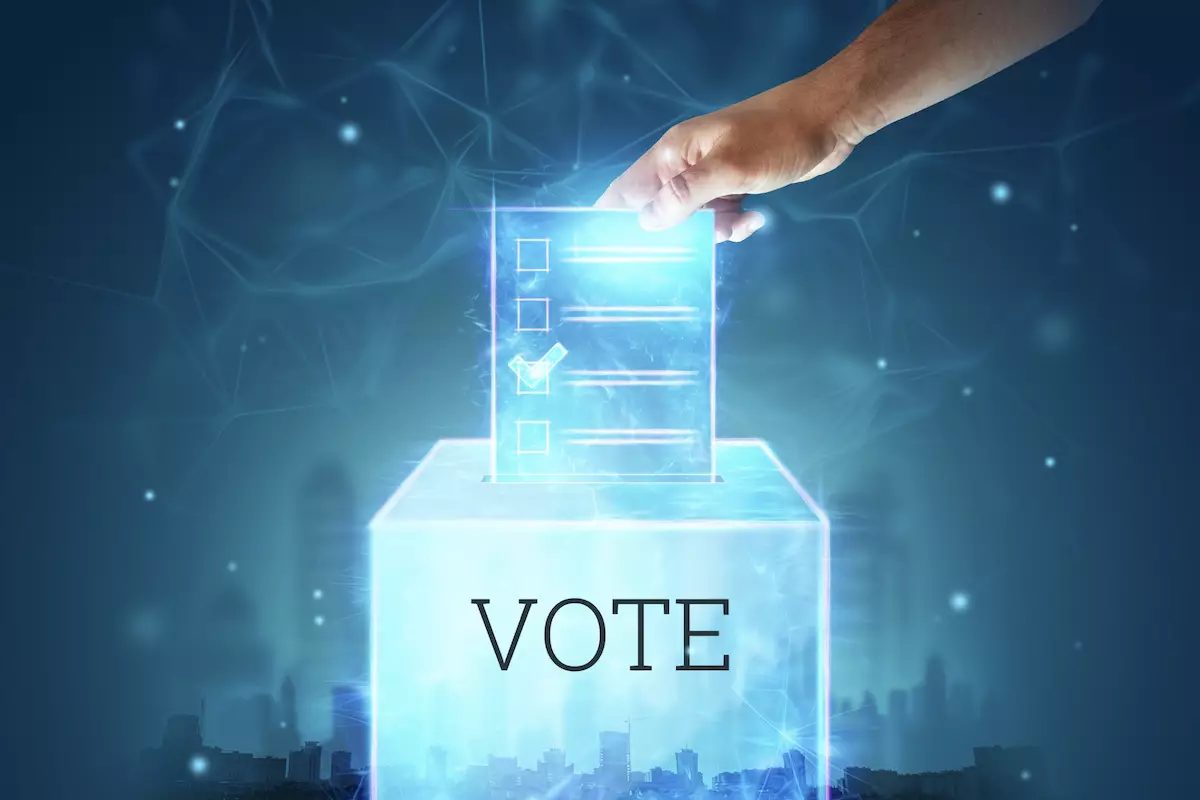In recent years, the concepts of transparency, security, and efficiency have taken center stage in discussions about electoral integrity and the processes surrounding elections. Among the innovative solutions gaining traction is blockchain technology, which shows promise in revolutionizing the way we conduct democratic processes. However, while supporters tout its benefits, critics raise significant concerns that could impede its adoption in the world of voting. This article delves into the various dimensions of blockchain voting, examining its potential advantages and inherent challenges.
One of the most compelling aspects of blockchain technology is its ability to create an immutable digital ledger. Each vote is recorded distinctly on a decentralized platform, making tampering with voter data exceedingly difficult. This level of security is crucial, particularly in regions where skepticism towards election outcomes prevails. Advocates argue that implementing blockchain could restore faith in electoral systems by providing a clear and irrefutable record of votes cast.
Moreover, transparency serves as an appealing selling point for blockchain voting. The decentralized nature of the technology allows voters to observe the electoral process in real-time, giving them the power to verify that their votes are counted and recorded correctly. An exemplary case of this is Romania, where blockchain is being employed in the 2024 presidential elections, enabling citizens to track vote counts via a secure digital system. Such transparency could foster trust among the populace, particularly when citizens can access information regarding their ballots and the integrity of the counting process.
Another significant advantage is the increased accessibility that blockchain voting facilitates. Traditional voting methods often present barriers for individuals with mobility challenges, those residing in remote areas, or those with conflicting schedules. Blockchain technology opens the door to online voting; allowing citizens to participate from the comfort of their own homes. The potential for a higher turnout, especially among marginalized communities, presents a strong case for blockchain’s utility in democratic engagement.
Cost-efficiency is another important consideration when evaluating blockchain voting systems. By diminishing the need for physical infrastructure, such as polling stations or paper ballots, blockchain can contribute to substantial savings in both time and resources. A practical illustration of this comes from Zug, Switzerland, where a pilot program tested blockchain voting in a consultative vote. The results indicated that such systems can streamline voting processes and reduce operational costs for electoral authorities.
However, integrating blockchain into the electoral frame isn’t merely about replacing traditional methods. It necessitates a comprehensive investment in new infrastructure, training for election officials, and public education initiatives to ensure that everyone understands how to vote using the new system. For many countries grappling with budget constraints, this may present a daunting obstacle.
Despite its many promising features, blockchain voting faces significant hurdles related to security. While the blockchain itself is notoriously challenging to breach, vulnerabilities within the associated systems can expose votes to manipulation and cyber threats. For instance, if votes can be altered prior to being stored on the blockchain, the integrity of the electoral process is compromised.
Another fundamental concern pertains to voter privacy. While transparency is critical, it’s equally important to maintain confidentiality regarding the choices voters make. Striking a balance between verifiable voting records and the anonymity of individual votes remains a significant challenge. Additionally, governments may resist adopting a technology with risks such as lost access to voting rights due to technical failures, such as damaged hardware or forgotten digital keys.
As the exploration of blockchain voting continues, additional innovative concepts emerge, such as Soulbound NFTs (SBTs). These unique digital tokens could serve as distinct voter identities, linking eligibility verification to secure authentication methods, including biometric data. The idea continues to evolve, aiming to improve accessibility and minimize issues like double voting.
However, the speculative nature of these advancements means practical solutions are still in the development phase. Questions surrounding the implementation of SBTs must parallel the ongoing dialogue about the core challenges related to privacy, security, and costs associated with blockchain technology.
While blockchain voting showcases the potential to transform elections by enhancing transparency, accessibility, and cost-efficiency, it is not without its drawbacks. The security risks, financial implications, and hurdles to public acceptance signify a challenging path ahead. Countries such as Romania are taking progressive steps toward integrating blockchain in governance, serving as both inspiration and a cautionary tale. The journey to redefine modern voting methods through blockchain necessitates a focus on collaboration, rigorous testing, and ultimately, building trust among voters. Only then could this innovative technology truly reshape the democratic landscape.


Leave a Reply